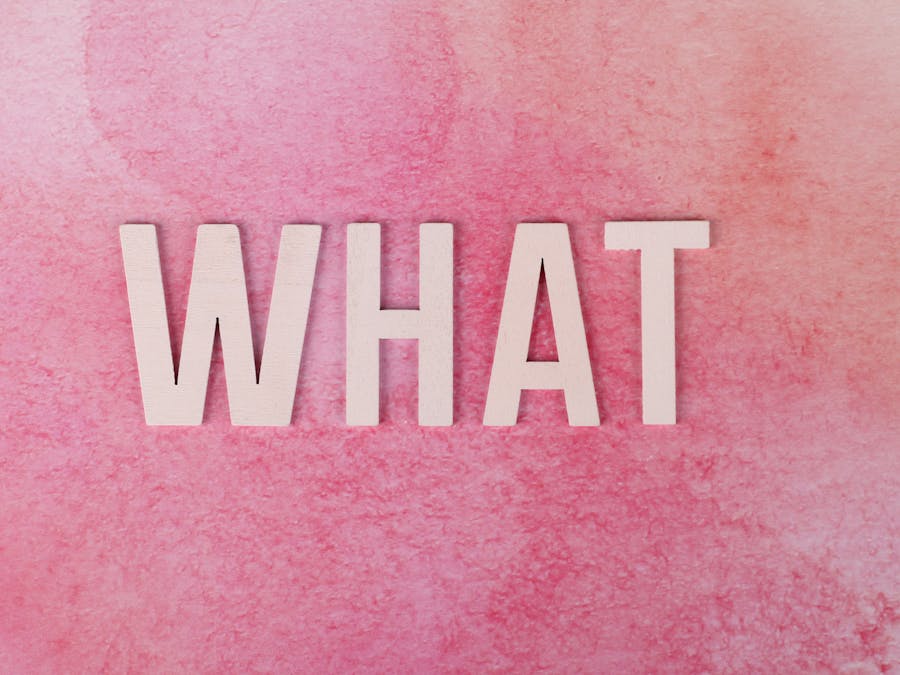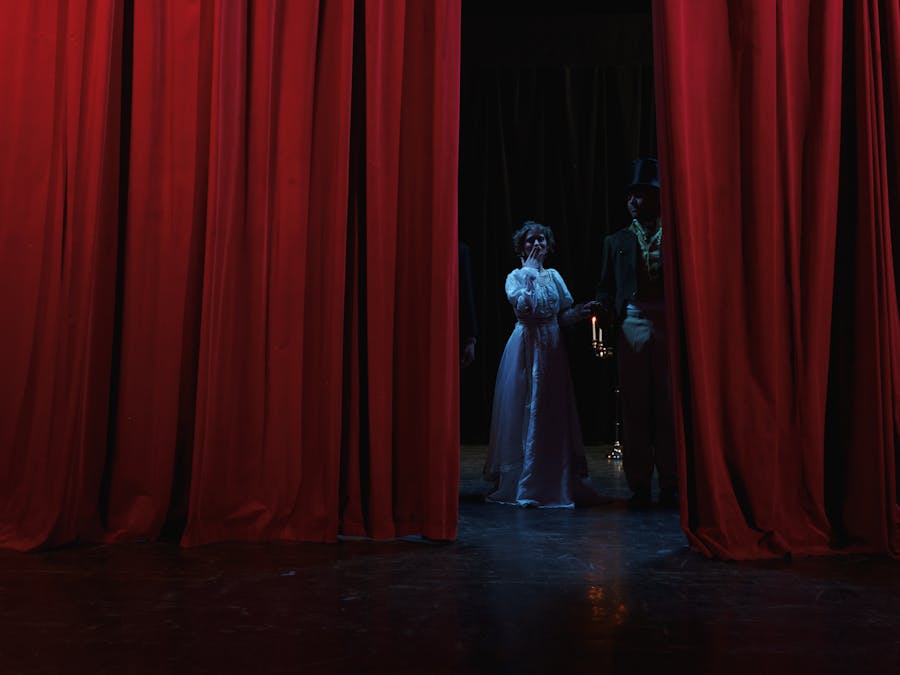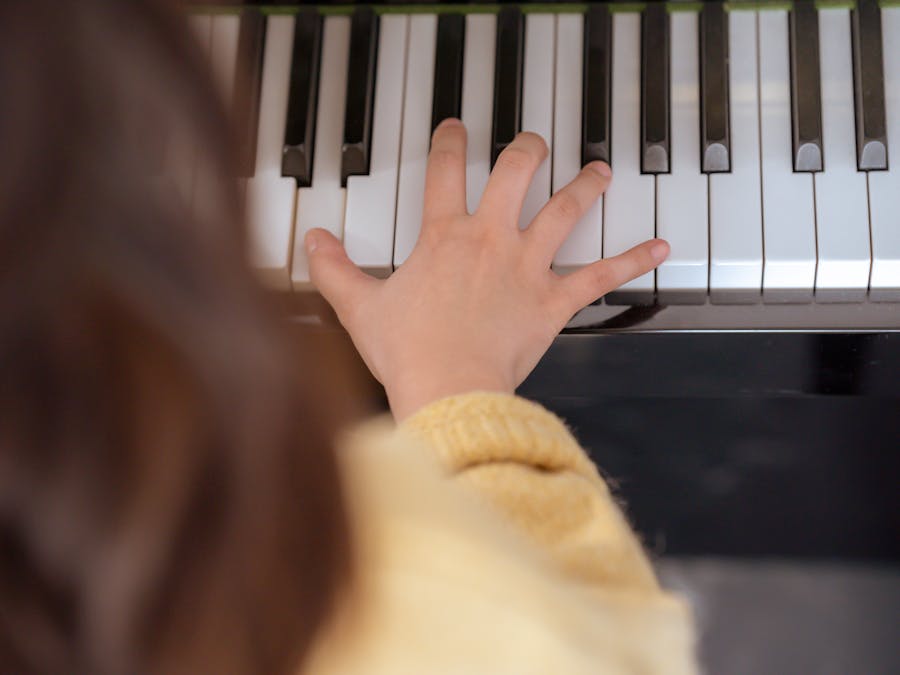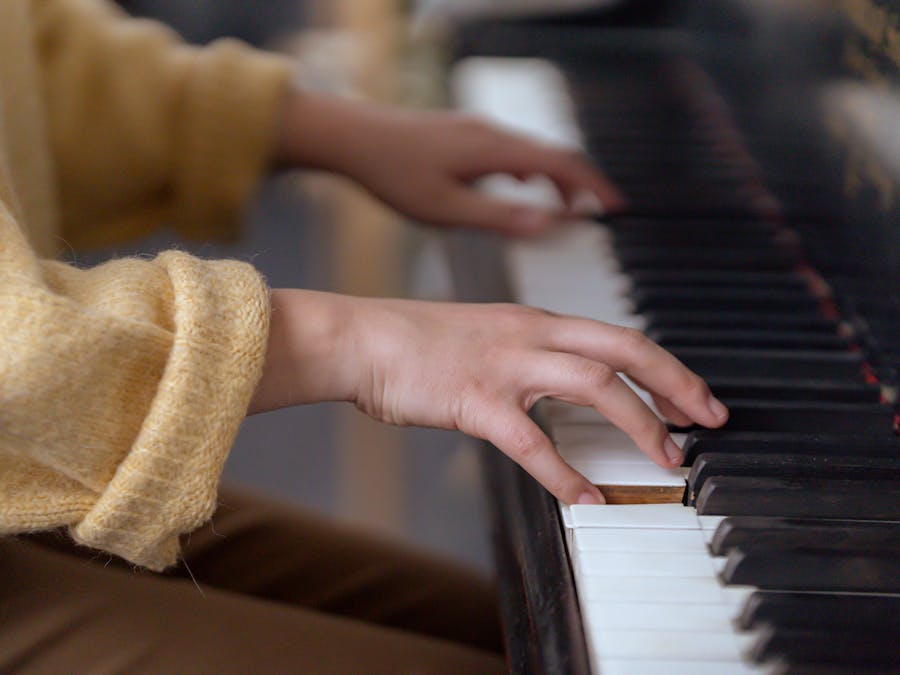 Piano Guidance
Piano Guidance
 Piano Guidance
Piano Guidance

 Photo: Marcos Sanchez
Photo: Marcos Sanchez
Music teachers are wanted and needed in our school systems. Colleges and university are seeking qualified music majors. Music teachers PERFORM in their communities, music performers TEACH in their communities. There has never been a better time to do something you love and love something you do; MUSIC.

How many octaves can Adele sing? Adele's vocal range is approximately B2 – E5 – Bb5, just shy of three octaves. What is Adele's vocal type or fach?...
Read More »
Every new guitar player will have to go through the experience of some finger pain as they develop calluses on their fingers.
Read More »
In addition to the risks associated with anesthetizing an animal as massive as an elephant or a rhino, horns and tusks grow back. Within three...
Read More »
The night shift is difficult physically, but the afternoon shift can be hard on your family and social life. In my last post, I talked about shift...
Read More »This essay is not about MUSIC PERFORMANCE vs. MUSIC EDUCATION; quite the contrary. In the face of today’s dramatic need for music educators, it would seem obvious we would encourage students to look carefully (and soulfully) at the value of becoming a music educator. Do they truly understand the impact they will have on the lives of those students who are part of their music classes? Perhaps we should mentally revisit those special days in our high school rehearsal rooms; what was it about that particular environment that drew people there before and after school? Why did students eagerly give up summer vacation time for music camp? Why did weekends become opportunities for extended rehearsals? Why the band jacket, or the choir sweatshirt, or the orchestra patch on the school sweater? Didn’t the combined experiences of practices, rehearsals, concerts, bus rides, officer’s meetings, etc., create a forum of learning, growing, and becoming unlike any other in the school curriculum? And didn’t the MUSIC TEACHER carefully and wisely orchestrate the schedule to support the participation of the ensemble members while developing a loyalty to the organization? As a result, the musical proficiency increased along with the sense of commitment and dedication of the ensemble’s members. All of this SUCCESS was the result of a music educator who continued to share the JOY OF MAKING MUSIC with his/her students. Many years ago I was listening to a clinic presentation by the internationally acclaimed horn virtuoso, Phil Farkas, who was then teaching at Indiana University after his successful tenure with the Chicago Symphony Orchestra. He was asked by a member of the audience what he thought was his most important contribution to the field of music. Without a moment’s hesitation he said, “Oh that’s easy; it’s my students. All the recordings I have done are fine, but the real value of my work lies in the minds and hearts of my students, for they will be the ones who carry it to the next generation.” There was a huge silence in the room; his unassuming and genuinely humble opinion of his memorable performances was secondary to the importance of his teaching. He went onto say he felt that teaching was the most noble profession in the world, for it was a selfless expression designed to make the world better a better place. While this is the personal opinion of Mr. Farkas, it also parallels the philosophical approach of many of the key educators who have been responsible for the forward progress of our music world. There are many reasons to consider the field of MUSIC EDUCATION as a profession. We live in a country where we have “music in our schools.” We are enjoying a surge in the understanding of the value of music learning and music making. Music teachers are wanted and needed in our school systems. Colleges and university are seeking qualified music majors. Music teachers PERFORM in their communities, music performers TEACH in their communities. There has never been a better time to do something you love and love something you do; MUSIC.

On an English keyboard, the home row keys are A-S-D-F and J-K-L-;. The little finger of the left hand sits on the A, the ring finger on the S, the...
Read More »
However, these instruments aren't just for young children. Adults with small hands or smaller bodies may also find great success in learning how to...
Read More »To the middle school and high school musician: Take a careful look at the vast array of possibilities beckoning the enthusiastic young musician. Music education embraces far more than classroom teaching. Begin to explore the endless network of musical opportunities always available to anyone willing to go the extra mile. To the college musician: Stay connected with the music education world. Find ways to teach lessons, serve as a clinician for a local school, work with various summer music camps, etc. Remember your roots and find ways to share your gift with others. To the music educator: We can be serve as an important messenger in helping our students discover what it is like to be a music educator by including them in various responsibilities throughout the day. It is not necessary to have a music degree to teach a beginning flute lesson, or organize the music library, or help create the bus list. Here is the chance for some on-the-job training to introduce your students to what it is like to be a music teacher. There is a certain indescribable wealth that comes as a bonus to every music educator’s payment plan. It may be in the form of a parent who pulls you aside to tell you of the importance music plays in the role of his/her child’s life. It may manifest itself as a holiday greeting card from a student from many years ago who poetically tells you of the values learned in your choir, and how those very values helped him complete medical school. It may be the smile of a fifth grader who quietly whispers in your ear, “I like music better than anything else in school. Thank you.” And on, and on, and on…. If you want to “making a lasting difference,” music education offers the perfect avenue to achieve your goal; maybe that’s why YOU liked music better than anything else in school.

Learning piano as an adult can be done. The only thing you need is commitment, which only requires some time out of your schedule so that you can...
Read More »
They can take a written piece of music they've never heard before and play it perfectly the first time. ... Add Rhythm. Identify the time...
Read More »
To start an online piano lesson using Zoom, open the app, sign in, and then tap on “New Meeting”. For this example, I'm using an iPad. In the next...
Read More »
If you are not at the level where you can understand and apply their advice to your playing, you should definitely not be attempting La Campanella....
Read More »